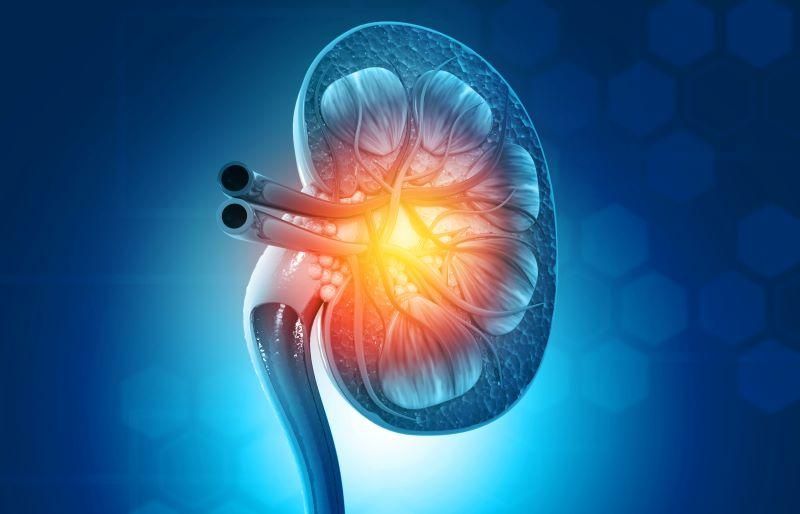
More American youth than ever are so addicted to e-cigarettes that they vape within 5 minutes of waking up in the morning, a new analysis shows. While that percentage was around just 1% in 2017, it increased every year after that. It reached 10.3% by 2021, researchers reported. “The increasing intensity of use of modern… read on > read on >


















